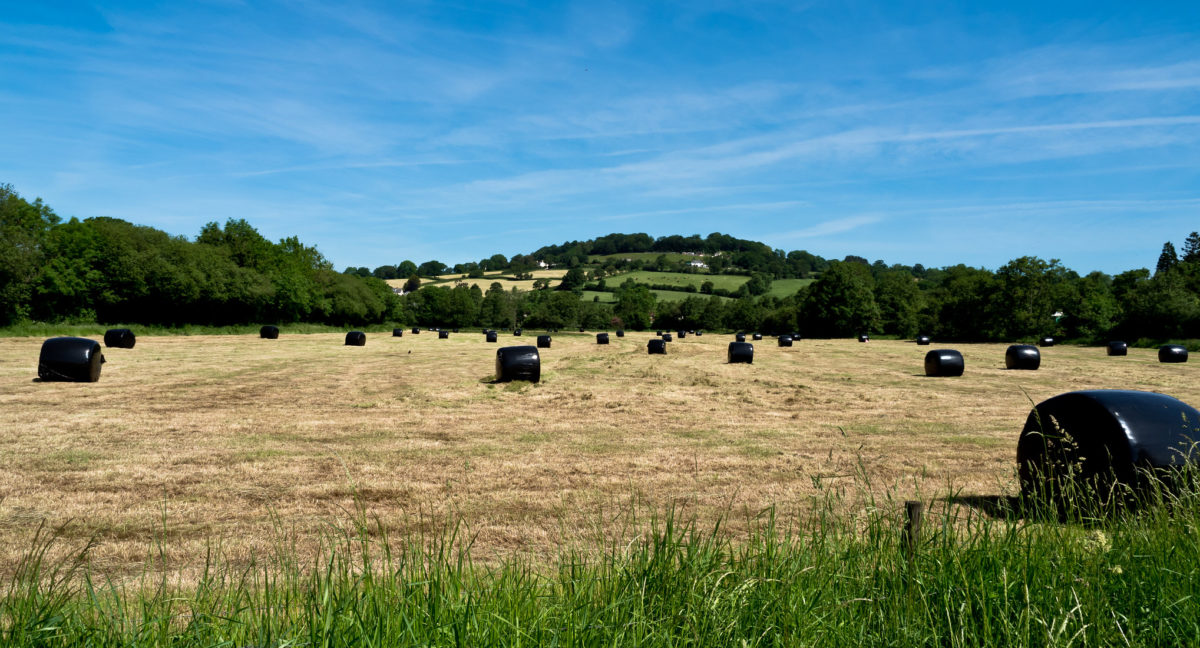Self-harm in the name of economic nationalism? How government delays to EU import controls have left British producers exposed to unfair competition

Supporters of leaving the EU have in the past claimed that more national protectionism would be good for the UK economy. But now EU goods flow in without checks, while UK goods face crippling red tape and bureaucracy to export to the European market
It has long been argued that Brexit was an opportunity to aggressively protect the national economy from the effects of international competition. For example, in an interview with the right-wing, libertarian and pro-Brexit website, Spiked in 2018 the Guardian journalist, Larry Elliot, said leaving the EU would mean the UK would “have your own trade policy, you have much more freedom in terms of industrial strategy, you’re not bound by EU rules that might hinder you from renationalising chunks of industry.” More recently, the same commentator lauded the decision of the Labour Party to vote in favour of Johnson’s UK-EU deal.
Of course, it should be noted, that countries like France and Germany pursue an active industrial policy as EU members – and there is nothing in EU rules that inhibit taking big and bold steps towards public ownership.
But leaving this aside, is the UK-EU trade deal ‘doing its job’ and protecting British producers?
Not at all. In fact, they are severely disadvantaged compared to the EU side.
British producers have had the level-played field with Europe abolished. But the biggest beneficiaries of this unfair competition can be found on the EU side
The government’s recent decision to extend the introduction of a number of import checks (export health certificates, phytosanitary certificates, physical checks on food and plants, safety and security declarations) on EU goods until 1st July 2022 has created a big problem for UK producers. It means that their competitors in Europe are able to export to the UK with far fewer restrictions than those UK exporters face when they want to sell to the EU.
Even more basic customs declarations are yet to been introduced for goods entering the UK from the EU – and won’t be until January under the government’s revised timetable.
So, a Brexit policy that was often sold as protecting British producers is doing the opposite: systematising severe disadvantages for producers here in the UK compared to the EU.
Is this just a time-limited issue? The delay to introducing the checks reveals how the UK has grown to be very embedded within the European market. The economy is dependent on this relatively uninterrupted flow of goods. So, especially in the context of the supply chain crisis already afflicting the UK, there is a reluctance to introduce yet another economic shock. As a result, a further delay on introducing import checks can hardly be ruled out.
What’s more, even once these checks are in place producers on the EU side will have a backdoor into the UK via Northern Ireland. Under the terms of the Protocol, they could move their goods to Northern Ireland across the frictionless land border with the Republic. They could then export them from Northern Ireland on to Great Britain. And in most cases – apart from controlled goods such as endangered animals – they would not face import controls regulations and bureaucracy (you can read a longer explanation of this in the Another Europe Is Possible report, The Fundamental Problems in the UK-EU Trade Deal and How It Can be Reformed). This is because the UK has already agreed that goods moving from Northern Ireland to Great Britain would not face the checks applied at GB-EU border points.
Data already shows how EU producers are reaping a reward while UK producers suffer
At the moment this ‘Northern Ireland backdoor’ doesn’t need to be used. And data shows that exporters on the EU side are benefiting from this massive disparity in GB-EU trade arrangements. The Irish Central Statistics Office reported in August that goods exports to Great Britain (excluding Northern Ireland) increased by 20 per cent in the first six months of 2021. In contrast, imports from Great Britain to the Republic of Ireland fell by 32 per cent.
It’s hardly surprising, then, that British producers are furious. Ian Wright of the Food and Drink Federation, a body which represents manufacturers in the sector, said, “The repeated failure to implement full UK border controls on EU imports since 1 January 2021 undermines trust and confidence among businesses. Worse, it actually helps the UK’s competitors.”
In short, this doesn’t look like the protectionist agenda, which some (not all) Brexiters promised. On the contrary, it’s a surely unsustainable trade policy that presents significant and long-term risks to the British economy.
So, is this the most self-defeating attempt at economic nationalism the world has ever seen?
Quite possibly.
September 29, 2021
Brexit Spotlight is run by Another Europe Is Possible. You can support this work by joining us today. The website is a resource to encourage debate and discussion. Published opinions do not necessarily represent those of Another Europe.





